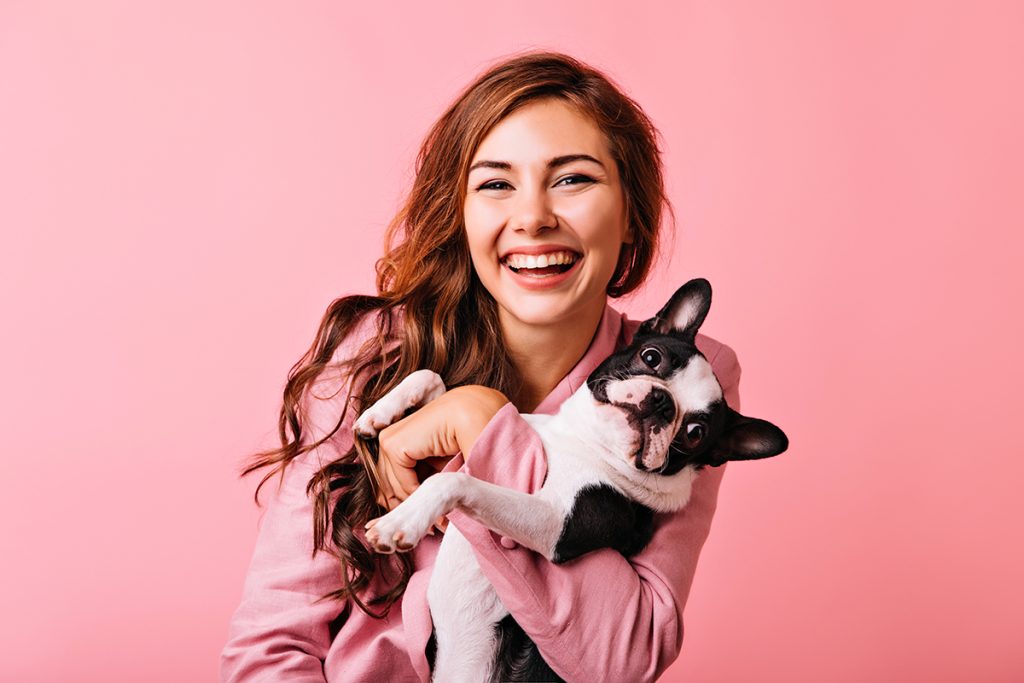What makes someone a cat or dog person?
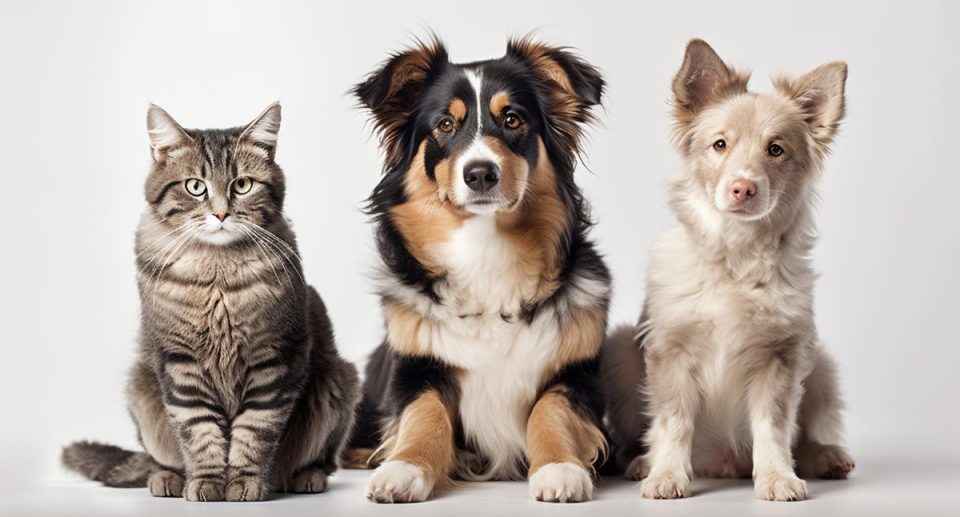
As humans, we are a complex species, and our choice of pets only adds to this complexity. It is worth noting that there is a well-established numerical advantage in favor of dog enthusiasts over cat enthusiasts. However, before you voice your opinions on this matter, let us elucidate what typically distinguishes someone as a cat or dog person.
Let’s begin by examining the two primary reasons behind humans keeping pets. It appears that the practice of a cat or dog ownership among humans can be attributed to the following factors:
- Inherent human characteristics that foster emotional bonds (such as parental instincts and an inclination toward creatures with juvenile characteristics).
- Social learning and the cultural evolution driven by imitation and observational learning among individuals.
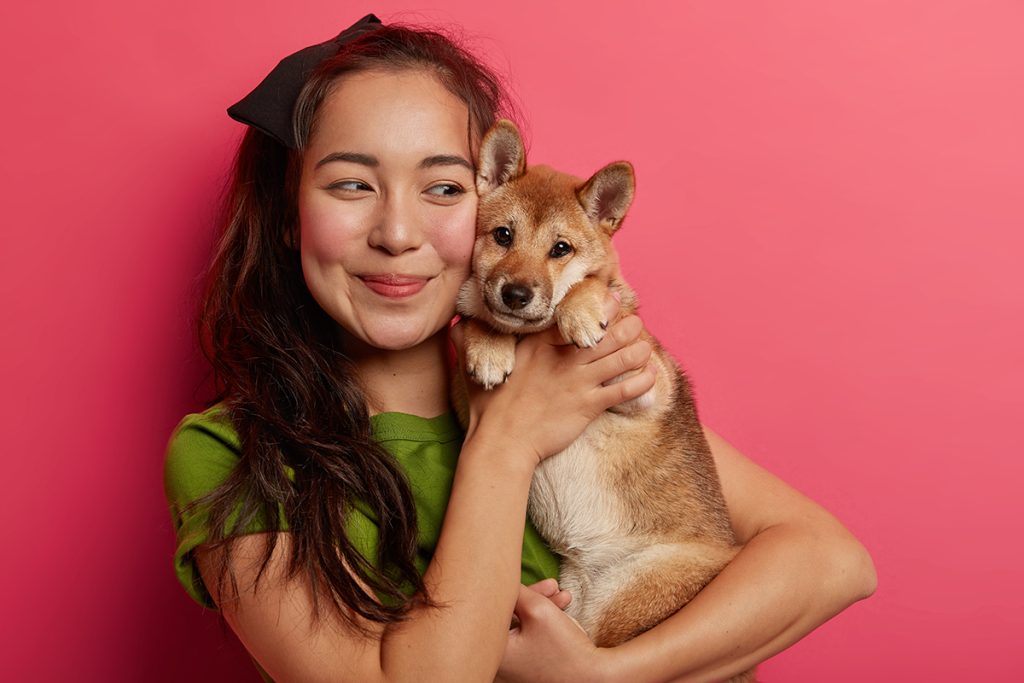
The different personalities of cat or dog persons
So, it’s a fact that dog enthusiasts outnumber their cat-loving counterparts. But what about the personality traits of these cat or dog owners? According to a study, individuals who prefer dogs and those who favor cats indeed exhibit distinct personality characteristics.
Dog lovers
In this study, those who identified themselves as dog lovers tended to display greater levels of liveliness. This means they were more energetic, outgoing, and inclined to adhere to rules diligently. Furthermore, dog lovers often possessed qualities associated with dominance, including assertiveness, self-confidence, forcefulness, and persistence.
It’s also noteworthy that individuals with dogs typically shared their homes with a spouse, partner, or other family members. This could be attributed to the fact that larger households or residences are better suited to accommodate dogs, which are typically extroverted and excitable in nature.
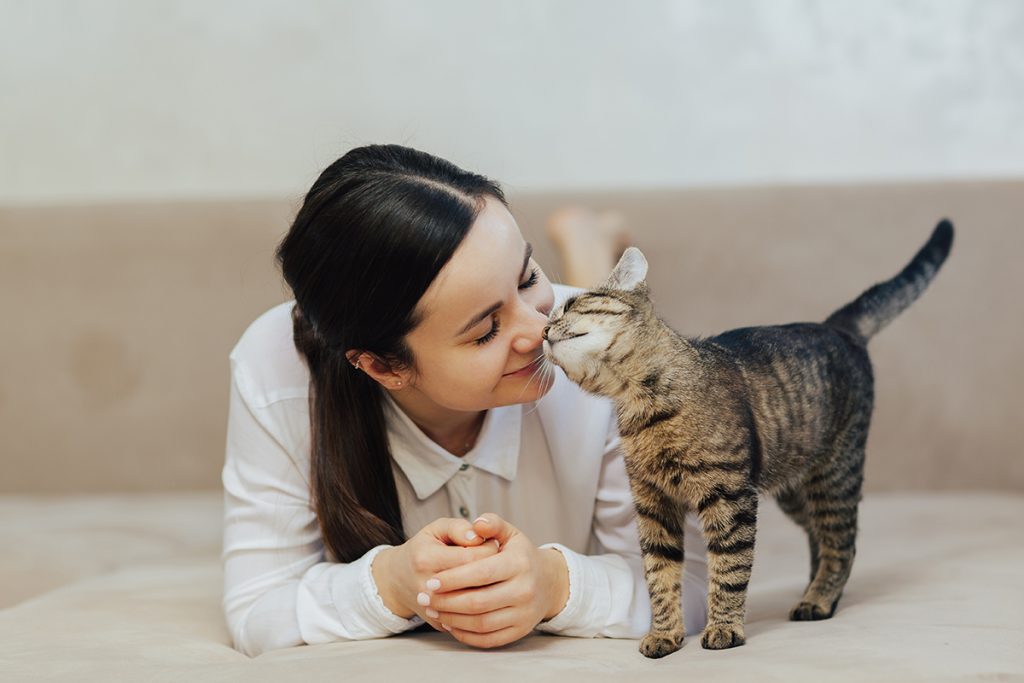
Cat lovers
Conversely, those who had a preference for cats demonstrated more introverted tendencies, displayed greater openness to new experiences, and were generally more sensitive compared to dog lovers. Cat people also tended to be non-conformists, showing a preference for practicality over strict adherence to rules.
In a potentially contentious discovery that is likely to provoke debates among pet owners, cat lovers scored higher in terms of intelligence when compared to their dog-loving counterparts. Because cats demand less attention than dogs, they might be the ideal choice for intellectually busy individuals.

People may select a cat or dog based on their own personality
As per the same study, individuals who adore dogs tend to be drawn to the companionship their canine friends provide, while those who favor cats appreciate the affection they receive from their feline companions. This suggests a strong possibility that people choose a cat or dog based on their own personality traits.
For instance, cats are often perceived as independent creatures that value their solitude and approach interactions with caution. If this description aligns with your own personality, you are more likely to find satisfaction in the company of such an animal, as it is a better match for your disposition.
Additionally, cat enthusiasts tend to prefer solitude compared to individuals with dogs. They are also more inclined to live alone, and they are twice as likely to reside in an apartment or flat. This preference might be influenced by the fact that many apartment buildings only permit cats due to their low-maintenance nature as pets and their reduced potential to disrupt the neighborhood compared to dogs.
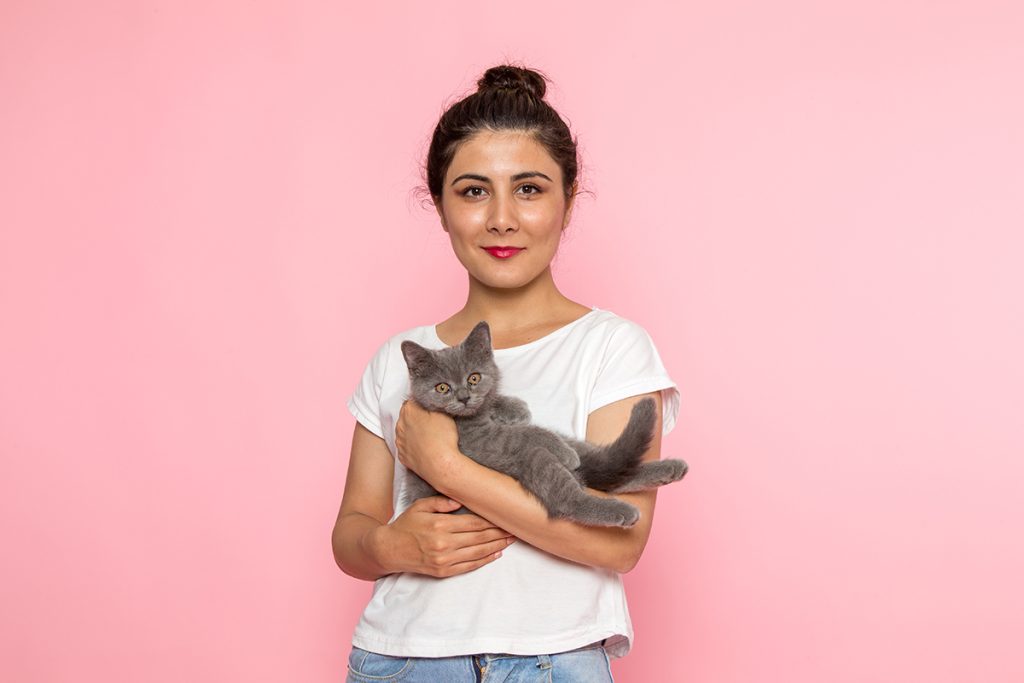
Cat or dog people prefer different types of environments
A portion of the variance in personality traits between cat and dog enthusiasts could be attributed to their preferred environments. It’s logical to assume that individuals who lean towards dogs would tend to exhibit livelier traits because they are inclined to spend time outdoors, engage in social interactions, and enjoy the company of their canine companions.
In contrast, those with more introverted and sensitive tendencies might find solace in quieter activities such as reading a book, where their feline friends don’t require outdoor excursions.
Furthermore, dog enthusiasts generally favor structured planning and thrive on maintaining a consistent daily routine. Conversely, cat owners, who can leave their pets alone for longer intervals, tend to adopt a more relaxed approach to planning and are more receptive to novel experiences and unconventional beliefs.
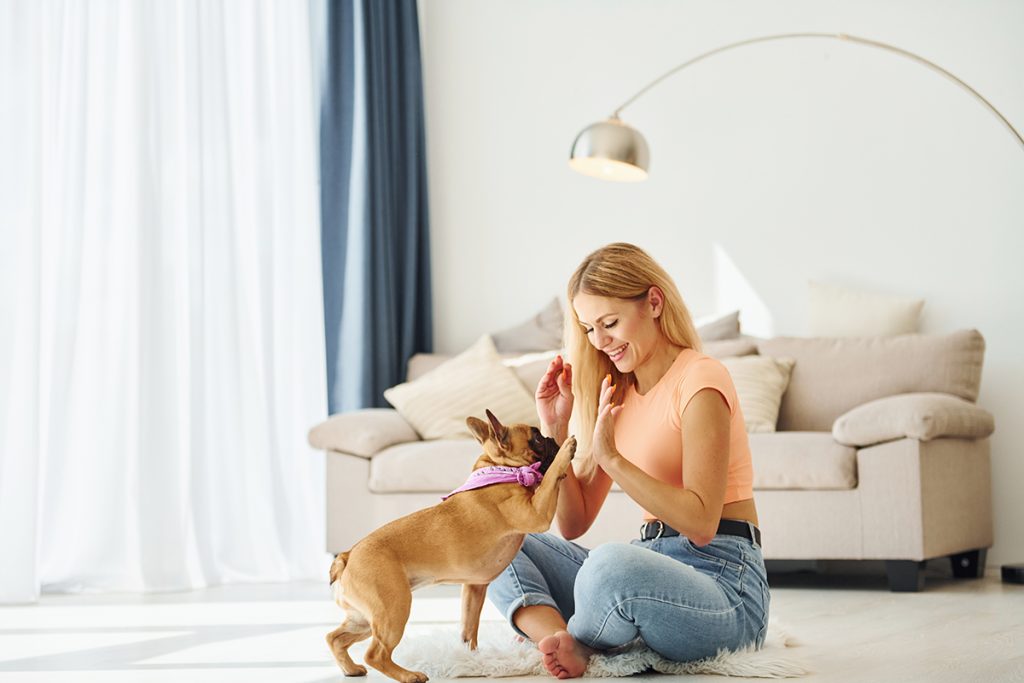
Lastly, the study revealed that individuals who identify as cat lovers are more susceptible to anxiety and neurotic disorders compared to their dog-loving counterparts. It indicated that those who consider themselves dog people tend to be more extroverted and agreeable, while self-described cat people are characterized as individuals who are more prone to worrying.
Ultimately, it’s essential to recognize that both dog and cat enthusiasts share a profound love for their cat or dog, regardless of their personality differences.
